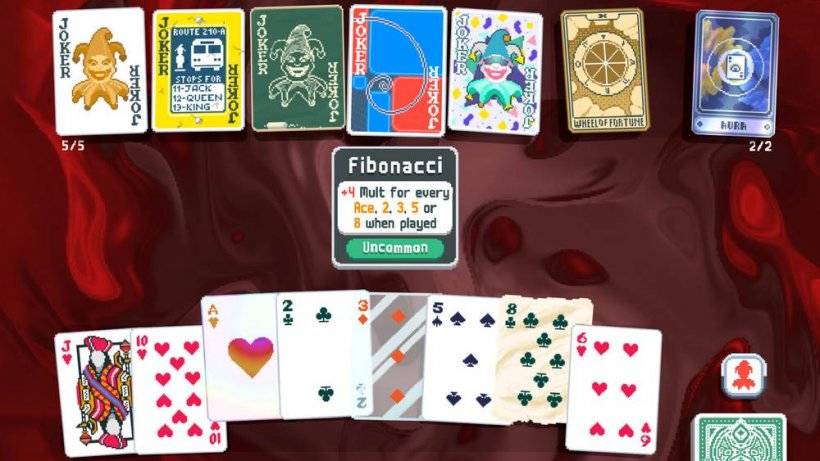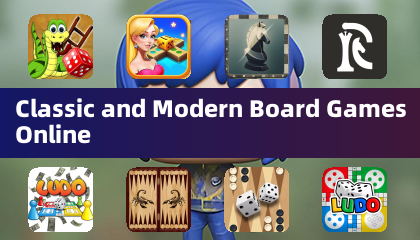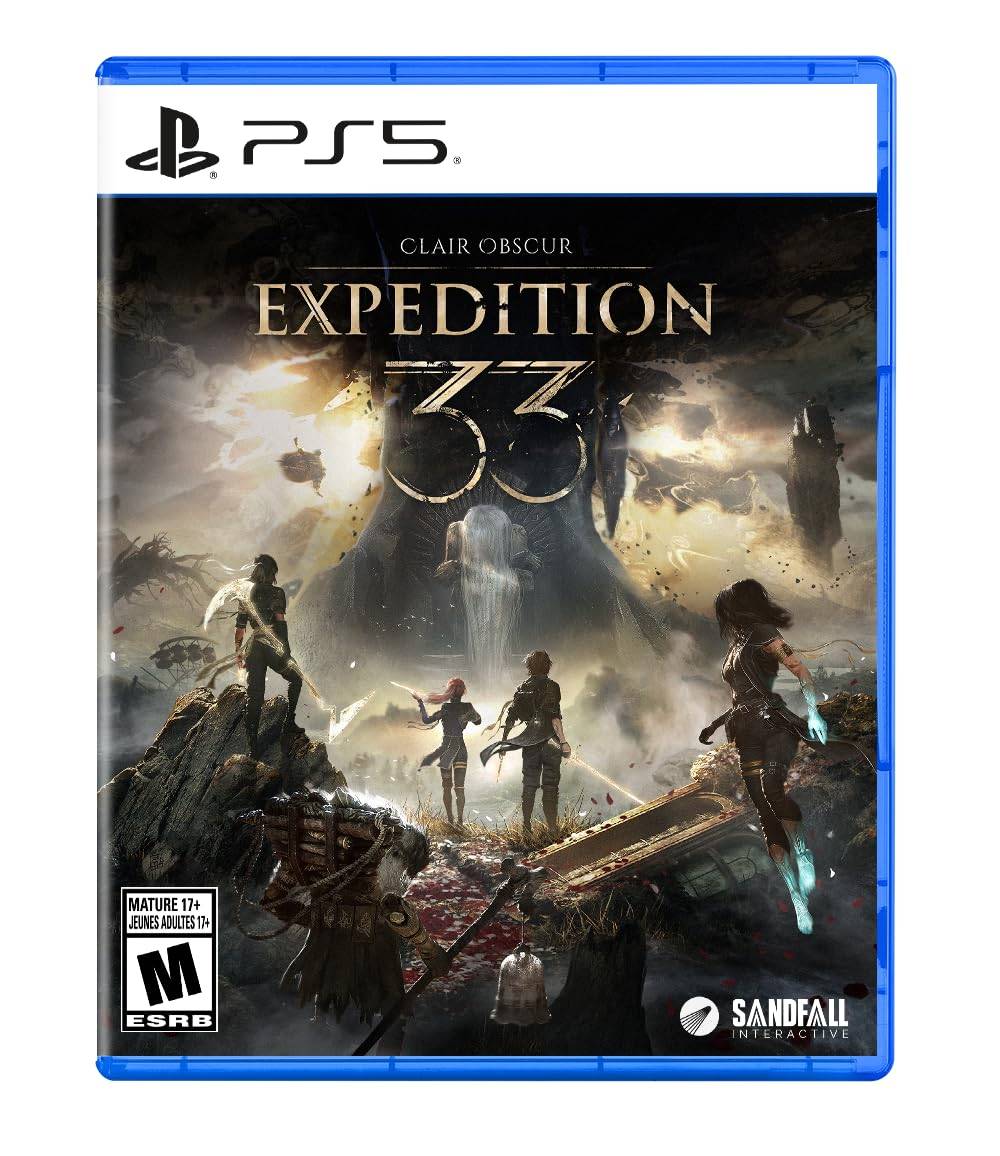It's year-end, and time for my "Game of the Year" selection: Balatro. While not my absolute favorite, its success warrants discussion.
By now, you've likely heard of Balatro's impressive award sweep, including Indie and Mobile Game of the Year at The Game Awards, and two Pocket Gamer Awards. Jimbo's creation has garnered widespread praise.
However, its success has also sparked confusion and even anger. Comparisons to visually flashy games have led some to question its numerous awards. The perceived simplicity of this solitaire/poker/roguelike deckbuilder has baffled some.
I believe this highlights why Balatro is my GOTY pick. But first, some honorable mentions:
Honorable Mentions:
- Vampire Survivors' Castlevania expansion: The long-awaited collaboration finally delivers iconic characters.
- Squid Game: Unleashed's free-to-play model: A potentially groundbreaking move for Netflix Games, aiming to attract new viewers.
- Watch Dogs: Truth audio adventure: An interesting, albeit unconventional, release for the Watch Dogs franchise.
Balatro: A Mixed Bag
My personal experience with Balatro is mixed. It's undeniably engaging, but I haven't mastered it. The focus on optimizing deck statistics, something I find frustrating, has prevented me from completing runs despite many hours of play.
Yet, Balatro represents excellent value. It's simple, easily accessible, and not overly demanding. While not my ultimate time-waster (that honor goes to Vampire Survivors), it's a strong contender.
Its aesthetics are pleasing, and gameplay is smooth. For $9.99, you get an engaging roguelike deckbuilder suitable for public play. LocalThunk's ability to elevate a simple format is commendable. The calming music and satisfying sound effects enhance the addictive loop. The game's appeal is subtly, yet effectively, conveyed.
Beyond the Hype
So why discuss Balatro again? Some find its success insufficient.
Balatro's design is unapologetically "gamey." It's visually appealing without being overly complex or flashy. It lacks a retro aesthetic and isn't a high-end tech demo. LocalThunk's passion project blossomed into something unexpected.
Its success confounds many, both critics and the public. It's not a flashy gacha, nor does it push technological boundaries. It's simply "a card game," to some.
But it's a well-executed card game, offering a fresh take on the genre. Game quality should be judged by its core mechanics, not visual fidelity or flashy gimmicks.

Substance Over Style
Balatro's success teaches a valuable lesson: Multiplatform success doesn't require cross-platform features or massive multiplayer elements. Simplicity and well-executed design, coupled with unique style, can resonate across mobile, console, and PC platforms.
While not a massive financial success, its low development costs likely resulted in significant profit for LocalThunk.
Balatro demonstrates that you don't need to be a technological marvel to succeed. Sometimes, a touch of ingenuity is all it takes.

My struggles with Balatro highlight its diverse appeal. Some optimize their decks for flawless runs, while others enjoy its relaxed pace.
In conclusion, Balatro's success reinforces a crucial point: groundbreaking gameplay and visual fidelity aren't always necessary for success. Sometimes, a well-designed, engaging experience is enough.















